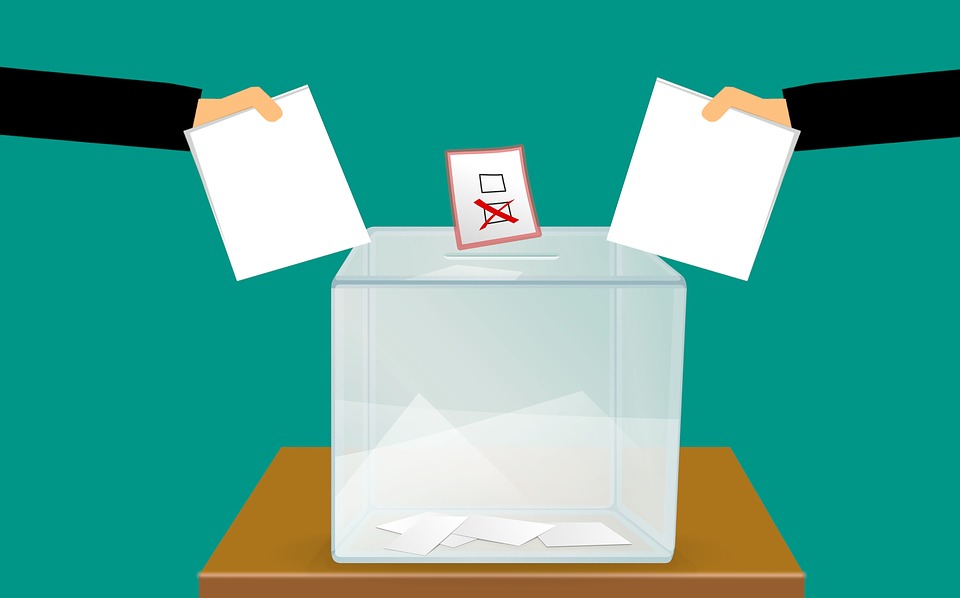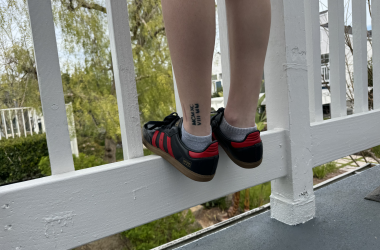I need to make the disclaimer that I have not felt compelled to make a protest vote. For better or for worse, I prefer to vote strategically while not undermining all my ideals.
That being said, just because my tolerance for dealing with candidates may be slightly higher than others, I totally understand the reason behind protest voting.
Protests votes are a way for the American people to voice their opinions on national issues when they feel like the two-party system fails to meet their needs.
This system lacks diversity and variety and boiling down to a one-or-the-other decision. So with that in mind: Why do people need to vote for either party and not protest the political system we are all a part of?
The point of voting is to make your voice heard, which is not only our privilege but also a fundamental necessity for a functioning democracy. In an ideal world, every person would vote, which is not the case in this country.
So when any person has the willingness to vote, whether by mail or at the voting booth, I have to tip my hat to them.
I was first introduced to the workings of American politics in the 2016 election cycle, which was a chaotic time where both Republicans and Democrats were at a crossroads, who debated not only policy but their future identities.
Each side had its own establishment faction, personified through figures like Hillary Clinton and Ted Cruz, who wanted to keep the party platform the same way it has looked for decades.
Juxtaposed against them were populist figures like Bernie Sanders and Donald Trump, as well as independents.
There was plenty of bad blood, leading some voters to avoid picking between the “lesser of two evils,” either voting for a third party or no presidential candidate. Election results from Wisconsin in 2016 show that the top two candidates in the Senate race garnered 68,000 more votes than any candidate in the presidential race that year.
In turn, many people were villainized for their “protest votes,” when in reality they were not compelled by the two major candidates because of their distinct, unappealing qualities.
Trump displayed offensive speaking and inconsistent behavior, while Clinton’s record consisted of cozying up to Wall Street and defending trade deals like NAFTA that shipped American jobs overseas.
Two of the most unlikable figures in modern-day politics were on the same ballot. This situation was an extreme example, but it showcased the American voter’s right to vote for someone in protest.
This lack of variety is why 45% of people currently identify as independent, according to a recent Gallup poll. The unwillingness to pick between the two major parties is a prime example of why protest votes are a fundamentally necessary part of a democratic election cycle.
Die-hard loyalty is not common in this country; most people’s political ideologies are much more fluid. Voters hardly ever find the perfect candidate, and usually juggle multiple politicians that speak to their various political leanings.
Politicians shouldn’t feel entitled to voters just because someone leans Democrat or Republican, their job is to further appeal to these people and solidify that support.
So, until candidates find a way to appeal to broader demographics, protest votes will continue to remind politicians that they aren’t being inclusive enough to independent minds.




